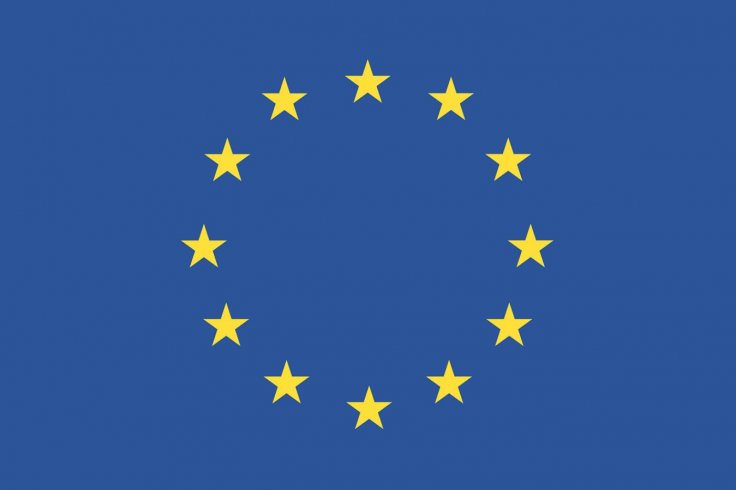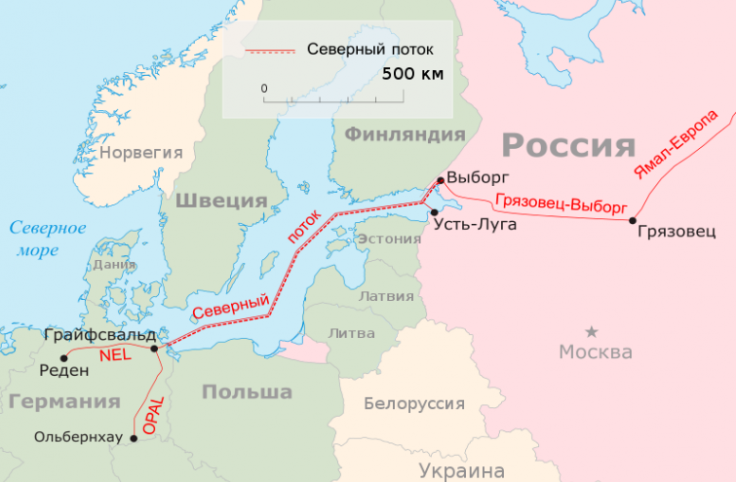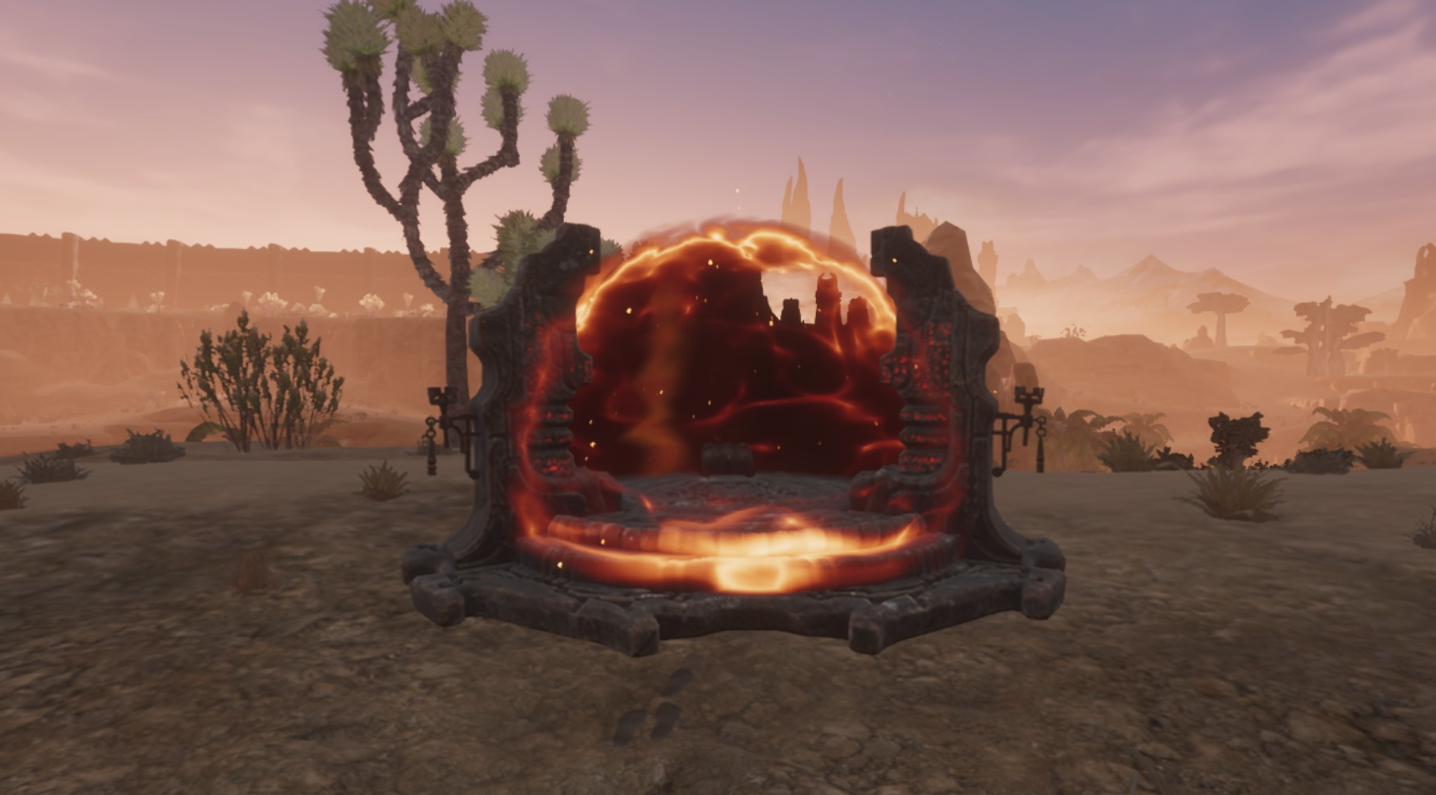The euro plunged to a 20-year low after Russia’s Nord Stream shutoff signalled major energy worries for the western Europe ahead of the winter.
The European common currency dropped as much as 0.7 percent to $0.988, which was its lowest level since 2002. Europe is grappling with rising energy costs, and the situation will turn more grim with Russia refusing to budge on its stance that European sanctions are the real cause of the crisis.
Dutch TTF Gas Futures
Europe says Russia is weaponizing gas supplies but Moscow says it will not restore full supplies until sanctions against Russia are lifted.
pixabay
Dutch TTF gas futures, which is the European price benchmark, rose sharply on Monday after Russia’s latest comments on Nord Stream 1 shutdown.
The contract rose at one point to â¬284, which was the closest it came in the recent weeks to the all-time high of â¬340. The contract ended the day at â¬246, up 17 percent.
Gazprom Shocker
The entire spectrum of European financial markets is rocked by Russian shutdown of gas supplies. Russian state energy giant Gazprom was supposed to re-open the gas pipeline on Saturday but the behemoth said it was shutting the line indefinitely.
A day later, President Vladimir Putin’s spokesman Dmitry Peskov said the gas supplies would not resume in full until West lifts the sanctions against Moscow over the Ukraine war. “The problems pumping gas came about because of the sanctions western countries introduced against our country and several companies … There are no other reasons that could have caused this pumping problem,” Peskov said, according to Interfax news agency.

Stocks Hit
European stocks also crashed, anticipating the pressure an energy crisis would bring to the economy. While the regional Stoxx 600 index closed 0.6 percent lower, Germany’s Dax slid 2.2 percent and France’s Cac 40 was down 1.2 percent. London’s FTSE 100 bucked the trend to end marginally higher.
Zooming Gas Prices
European gas gas prices have spiked more than 400 percent in Europe after the supply crisis began in the wake of the Ukraine war. Further output cuts or supply outages will drive prices up again.
The 1,200km Nord Stream 1 pipeline stretches under the Baltic Sea, connecting the Russian coast near St Petersburg to north-eastern Germany. Russia completely stopped gas flows through the pipeline three days ago, citing maintenance requirements.
In another shock to Europe, the OPEC+ energy cartel said on Monday it will cut oil production by 100,000 barrels a day. The cut will take oil supply levels back to the August levels.

Wikipedia
The oil cartel’s decision on Monday to cut output gave an edge to the markets, with oil prices rising more than $2 a barrel . While Brent crude futures futures for November delivery hit $96.59 a barrel, US West Texas Intermediate crude rose to $89 a barrel.
Shallow Recession
In August, economists at UBS Group AG said the Eurozone has slipped into a shallow recession, hammered by rising energy prices in the wake of the Ukraine war. The report says the 19-nation euro area recession will last through the end of the year.
The euro area economy will contract by 0.1 percent in the third quarter, while the contraction will be 0.2 percent in the fourth, the analysts predicted. However, the UBS analysts upgraded eurozone full-year outlook, citing strong performance in the three months through June.







